Network Congestion
Network congestion occurs when a blockchain network becomes overloaded with transactions, leading to slow processing times and higher transaction fees. Congestion can happen during periods of high demand, such as when a popular decentralized application (dApp) experiences a surge in usage or when a new token sale attracts a large number of participants. When congestion occurs, users often need to pay higher fees (gas fees) to prioritize their transactions for faster processing. Ethereum, for example, has faced significant congestion issues due to its limited scalability, prompting the development of Layer-2 solutions like Optimism and zk-Rollups.
You may also like

Introducing 0G: Complete Guide to $0G and Airdrop Opportunities
0G ($0G) is the world's first Decentralized AI Operating System (DeAIOS), a modular Layer-1 blockchain designed to power scalable, on-chain AI applications. Learn its tokenomics, ecosystem impact, and how to claim free tokens in the WEEX $50,000 LISA airdrop until Jan.02 2026!

What is Nockchain (NOCK) Coin?
Today, we delve into an exciting new listing: the Nockchain (NOCK) token, freshly available for trading on the…
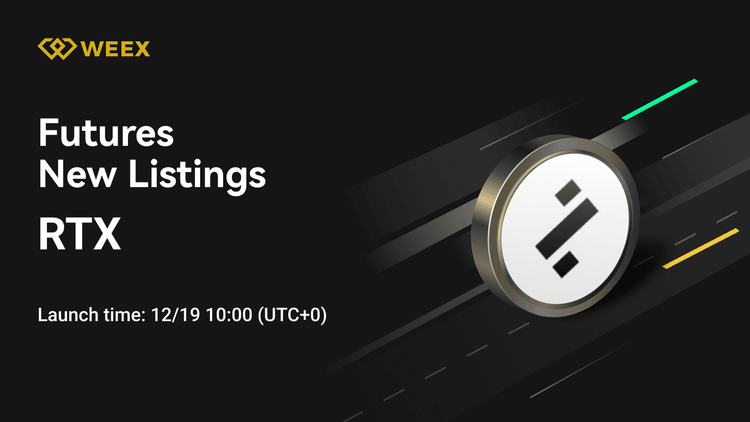
WEEX Futures Launches RateX (RTX) Coin & RTX USDT Contract
Trade the new RateX (RTX) Coin and RTX USDT perpetual contract on WEEX. Access high leverage and low fees. Register on WEEX for the latest futures listings.

LIQUID Coin Price Prediction & Forecasts for December 2025 – Potential Rally Amid Meme Hype?
Just a day after its launch on December 24, 2025, LIQUID Coin has already stirred up buzz in…

What is Liquid (LIQUID) Coin?
The Liquid (LIQUID) token listed on WEEX is making waves in the crypto world. With trading officially starting…
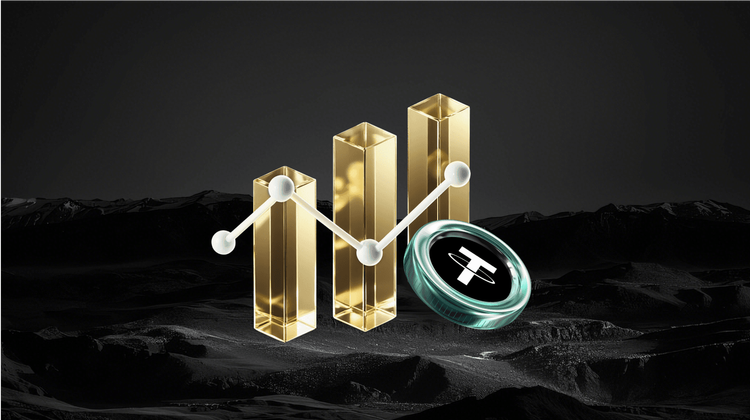
SOTER (Soter) Coin Price Prediction & Forecasts for December 2025: Can This New Meme Token Sustain Its Launch Momentum?
SOTER (Soter) Coin burst onto the scene on December 24, 2025, as a fresh meme token on the…

What is Soter (SOTER) Coin?
The Soter (SOTER) coin has made a significant splash in the crypto scene with its recent listing on…

Screaming Rubber Chicken (SRCSOL) Coin Price Prediction & Forecasts for December 2025 – Could It Surge 200% Amid Meme Coin Hype?
The Screaming Rubber Chicken (SRCSOL) Coin, a fresh entrant in the meme coin space on Solana, burst onto…

What is Screaming Rubber Chicken (SRCSOL) Coin?
The world of cryptocurrency is buzzing with excitement as a new meme token, Screaming Rubber Chicken (SRCSOL), has…
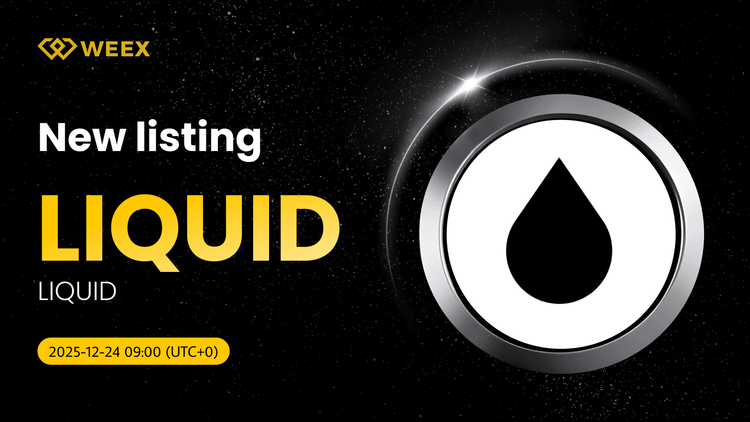
LIQUID USDT Pair Listed: Trade LIQUID Coin on WEEX Spot
LIQUID USDT spot trading is live on WEEX Exchange. Discover the new LIQUID (LIQUID) Coin listing, check the schedule, and start trading this meme token now.
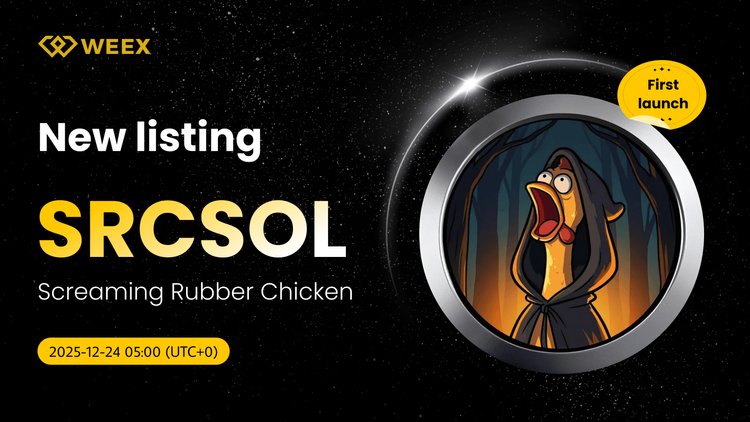
Trade SRCSOL USDT: Screaming Rubber Chicken Coin on WEEX Spot
Screaming Rubber Chicken (SRCSOL) Coin is new listed on WEEX Exchange. Access the SRCSOL USDT trading pair now. Discover the viral meme token premiere.

SOTER USDT Spot Trading Now Live on WEEX Exchange
Soter (SOTER) Coin is newly listed on WEEX Exchange. Start SOTER USDT spot trading today with the latest Meme token from the Soter Ecosystem.

Nockchain (NOCK) Coin Price Prediction & Forecasts for December 2025: Surging 14% Amid Meme Token Buzz
Nockchain (NOCK) Coin has just hit the scene on the Base chain, launching today at 12:00 UTC on…

What is Nock (NOCK) Coin?
Nock (NOCK) Coin is the native asset of the Nockchain ecosystem, a unique blockchain designed to merge community…
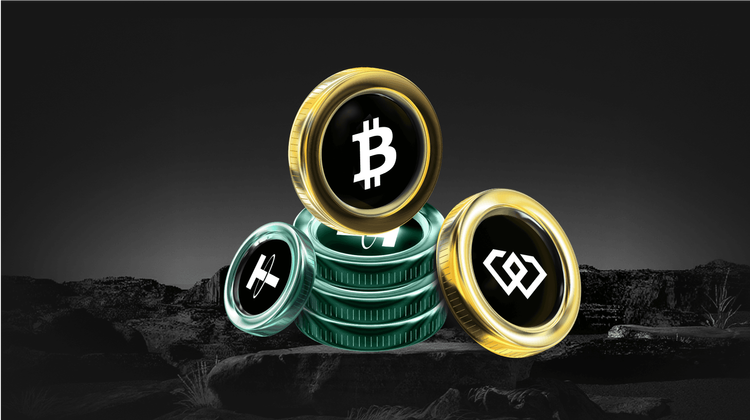
JPMorgan Chase Tokenized Stock (Ondo) (JPMON) Coin Price Prediction & Forecasts for December 2025 – Steady Climb Post-Launch
The JPMorgan Chase Tokenized Stock (Ondo) (JPMON) Coin just hit the market on December 23, 2025, offering tokenized…

REALGARRYTAN Coin Price Prediction & Forecasts for December 2025 – Fresh Launch Sparks Meme Token Rally Potential
The REALGARRYTAN Coin, a new meme token tied to Garry Tan and launched on the Base chain just…

What is RealGarryTan (REALGARRYTAN) Coin?
The cryptocurrency market constantly evolves, offering new investment opportunities for enthusiasts and traders. Recently, the RealGarryTan (REALGARRYTAN) token…

Walmart Tokenized Stock (Ondo) (WMTON) Coin Price Prediction & Forecasts for December 2025 – Could It Rebound After Recent Dip?
As of December 2025, Walmart Tokenized Stock (Ondo) (WMTON) Coin has just hit the market, offering tokenized exposure…
Introducing 0G: Complete Guide to $0G and Airdrop Opportunities
0G ($0G) is the world's first Decentralized AI Operating System (DeAIOS), a modular Layer-1 blockchain designed to power scalable, on-chain AI applications. Learn its tokenomics, ecosystem impact, and how to claim free tokens in the WEEX $50,000 LISA airdrop until Jan.02 2026!
What is Nockchain (NOCK) Coin?
Today, we delve into an exciting new listing: the Nockchain (NOCK) token, freshly available for trading on the…
WEEX Futures Launches RateX (RTX) Coin & RTX USDT Contract
Trade the new RateX (RTX) Coin and RTX USDT perpetual contract on WEEX. Access high leverage and low fees. Register on WEEX for the latest futures listings.
LIQUID Coin Price Prediction & Forecasts for December 2025 – Potential Rally Amid Meme Hype?
Just a day after its launch on December 24, 2025, LIQUID Coin has already stirred up buzz in…
What is Liquid (LIQUID) Coin?
The Liquid (LIQUID) token listed on WEEX is making waves in the crypto world. With trading officially starting…
SOTER (Soter) Coin Price Prediction & Forecasts for December 2025: Can This New Meme Token Sustain Its Launch Momentum?
SOTER (Soter) Coin burst onto the scene on December 24, 2025, as a fresh meme token on the…
Popular coins
Customer Support:@weikecs
Business Cooperation:@weikecs
Quant Trading & MM:bd@weex.com
VIP Services:support@weex.com
